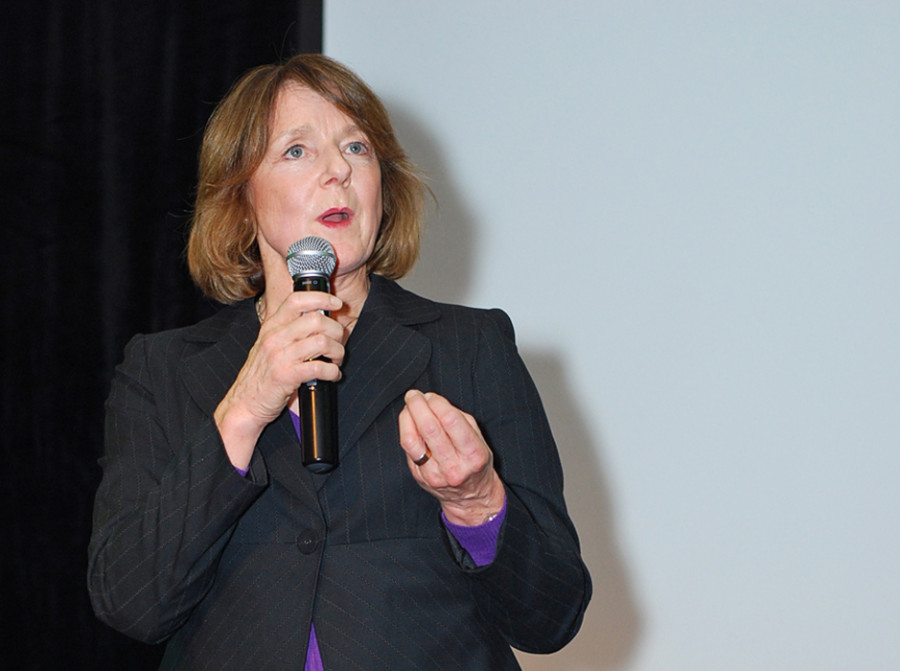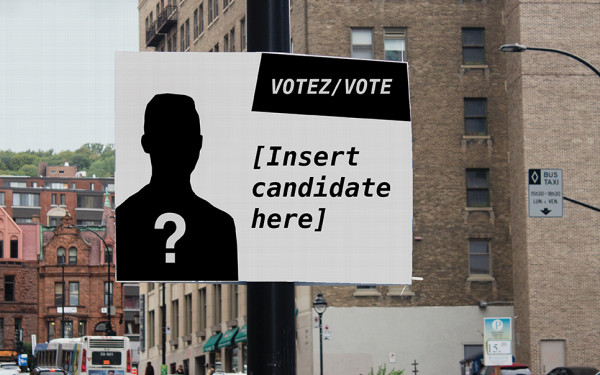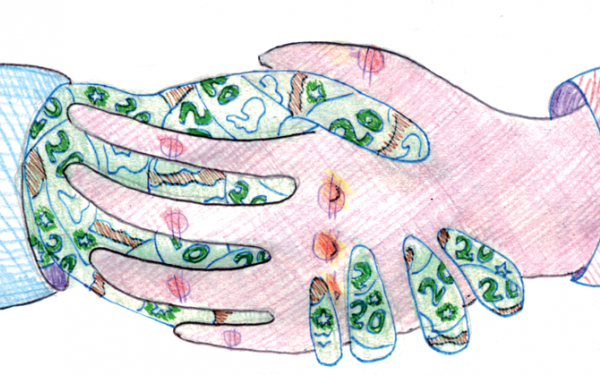NDP Debate Lacks Sparks
Candidates Struggle to Differentiate From Each Other
One thing was immediately clear at the federal National Democratic Party candidates debate at Concordia last week: New Democrats agree with each other on almost everything.
“I would have liked to have seen more disagreement; they all seemed capable and smart and impressive, but for entertainment value, I would rather see more edge,” said Allen Greer, an NDP supporter who does not have favourite candidate.
Of the nine candidates vying for leadership of the nation’s official Opposition party, only Niki Ashton, Brian Topp, Martin Singh, Peggy Nash and Nathan Cullen attended. It is unclear why the remaining candidates—Thomas Mulcair, Paul Dewar, Robert Chisholm and Romeo Saganash—were not there.
Each candidate present answered four questions from the moderator before the floor was opened to a short free-for-all debate between all five.
On tuition, all candidates were all in opposition to the impending increases in Quebec, stating that education is a right and should not be restricted to certain individuals based on their financial status.
Candidates were also united in their opposition to drilling for oil in the Arctic, with Topp saying it should not be allowed under any circumstances and Nash suggesting that corporations should be disallowed for drilling in the North.
On the long-gun registry, Nash took a firm stance in support of stronger gun laws, while other candidates took this opportunity to accuse Stephen Harper of playing rural Canadians off of their urban counterparts in order to create division among voters.
Candidates were then asked whether they would consider a coalition government if it were a possibility after the 2015 election.
Cullen said that in the event of an NDP minority, he would be open to a coalition government, while the other candidates voiced their confidence that the NDP would be in complete power after the next election.


_600_832_s.png)



_600_375_s_c1.png)
Mulcair_600_375_90_s_c1.jpg)